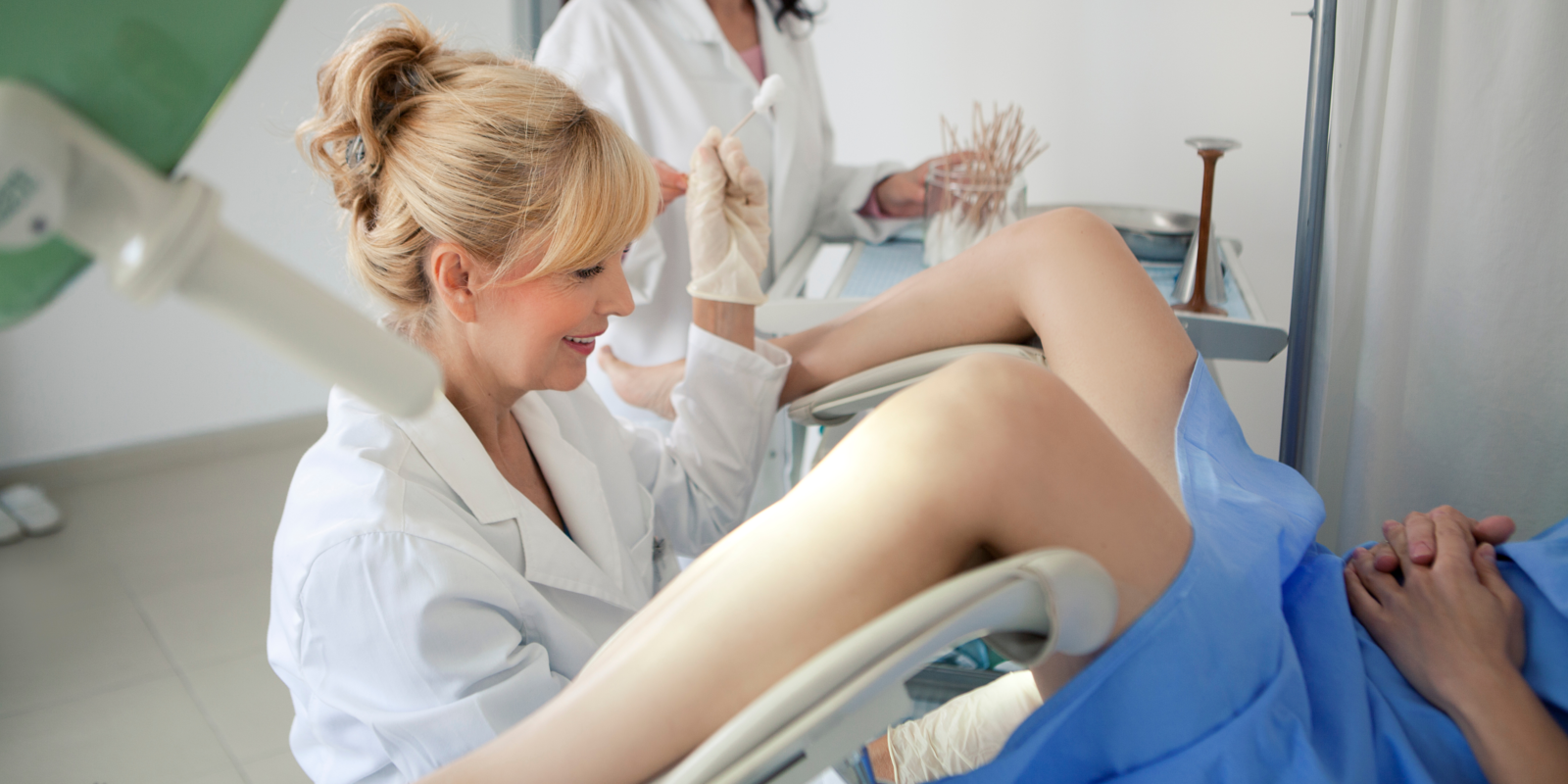It’s time to talk about pap smears. This important health screening can detect changes in the cells of your cervix, which can indicate cervical cancer.
Don’t be alarmed – cervical cancer is usually slow-growing and treatable, but it’s important to catch it early, which is why getting a pap smear is so vital.
Keep reading to find out everything you need to know about this important test.
What is a pap smear and why is it important for women’s health?
It’s extremely important for women to stay up to date with pap smear screenings. Also known as cervical screening, pap smears are a quick and painless procedure that the doctor can do during a woman’s yearly checkup.
During the procedure, a small sample of cells are taken from the cervix and then tested to check for any changes in their structure that could indicate an abnormality such as cancer or human papillomavirus (HPV).
Regular cervical cancer screening helps to diagnose these conditions early, which gives us more chances of preventing cervical cancer, providing successful treatments and potentially even curing the condition. This makes pap smears an invaluable tool in maintaining a woman’s health.
How often should you get a pap smear, and what happens if you don’t get one regularly?
If you are a woman aged between 25 and 74, pap smear testing should be part of your regular health examination every 3-5 years.
A pap test involves obtaining and testing swabbed cervical cells – or cells from the cervix, the lowermost portion of the uterus – to check for signs of cervical cancer or precancerous cell changes.
Incorporating routine cervical testing every five years into regular checkups ensures that any abnormalities will be identified early, which is important as this can often lead to successful treatment.
Additionally, having pap smears regularly also helps to reduce your risk of developing cervical cancer in the first place as abnormal cells may be detected early and monitored more closely.
Not having regular pap smears increases your chances of having health problems later on, so it’s best to get tested at least once every 3-5 years even if pap tests have previously indicated normal results.
What are the risks of not getting a pap smear, and how can you avoid them?
It is important to understand the risks associated with not getting a pap smear. According to the Department of Health and Aged Care’s National Cervical Screening Program, it’s recommended for women 25 years of age and older to have regular pap smears.
The purpose of these tests are to detect cervical cancer even before any symptoms appear. Unfortunately, without regular screening, cervical cancer might be discovered in its late stages when it’s harder to treat.
Beyond cancer, cervical screening test results can show abnormalities in sexual health (which is super important for those who are sexually active).
The best way to avoid this risk is simple – get regular pap smears.
Women should talk to their healthcare provider about the right schedule that works best for them and make sure they book an appointment every year. By taking this proactive step and getting a pap smear regularly, women can help ensure their reproductive health remains safe and secure.
How to prepare for your first pap smear, and what to expect during the procedure
Your first pap smear is an important milestone in your women’s health care routine. This screening procedure can seem overwhelming and leave you feeling vulnerable, but with the right specialist it doesn’t have to be intimidating.
The best way to prepare for your first pap smear is by talking to your health care provider about the details of the test, including what you might expect during the procedure. By arming yourself with information ahead of time, you can ensure that the whole experience is as comfortable as possible.
During the procedure, your doctor will use a device called a speculum and a soft brush to collect cells from around your cervix. This may feel a little uncomfortable but should take less than five minutes.
Once the cells are collected, they will be analysed and examined for any abnormalities such as infection or precancerous cells. Being prepared and informed will go far towards reducing any anxieties you may have before your pap smear.
Tips for making your pap smears more comfortable, including relaxation techniques and pain management options
Getting a pap smear can be an uncomfortable experience for many women. However, there are ways to make it as relaxed and pain-free as possible.
First of all, try some relaxation techniques before going in for the pap smear to help reduce stress levels. Deep breathing or listening to calming music are both good options.
Once you’re in the exam room, communication with your healthcare provider is key – take this opportunity to discuss any anxieties you may have and the sensations you might feel during the procedure.
As far as managing pain, make sure to tell your doctor if it becomes too much so they can adjust accordingly. Additionally, some people find wearing their own clothes or bringing a friend along helpful in reducing discomfort.
Ultimately, take control over the experience by asking your healthcare provider any questions you may have and opting for comfort measures that work best for you!
Pap smears are an important part of women’s preventative health care, and it’s important to understand why they’re necessary, how often you should get one, and what happens if you don’t.
Dr Kelvin Larwood is a skilled obstetrician-gynaecologist on the Sunshine Coast who offers gentle abnormal cervical screening procedures. If you have any questions or concerns about pap smears, or would like to schedule an appointment, please call 07 4578 4470 today.

